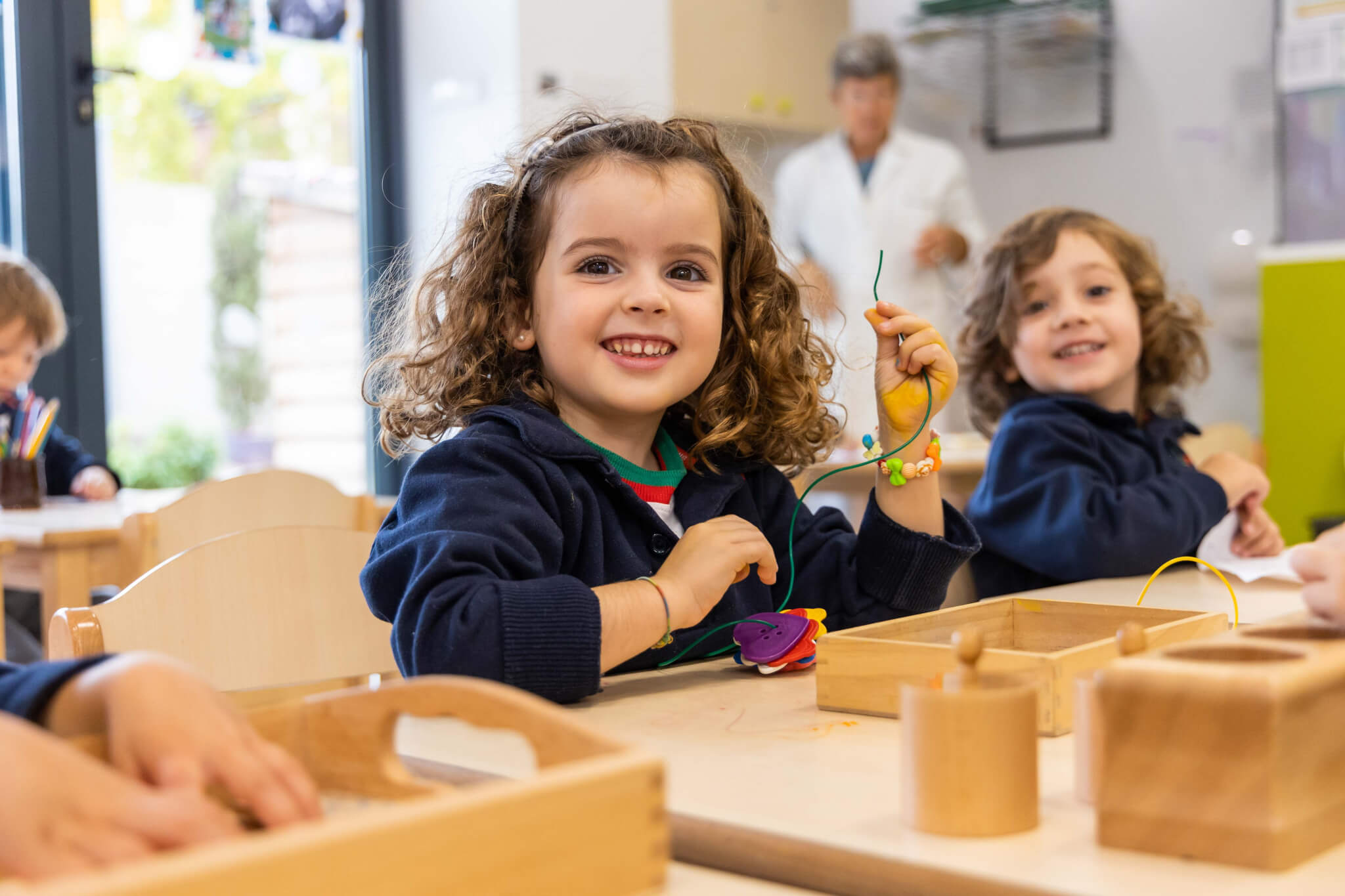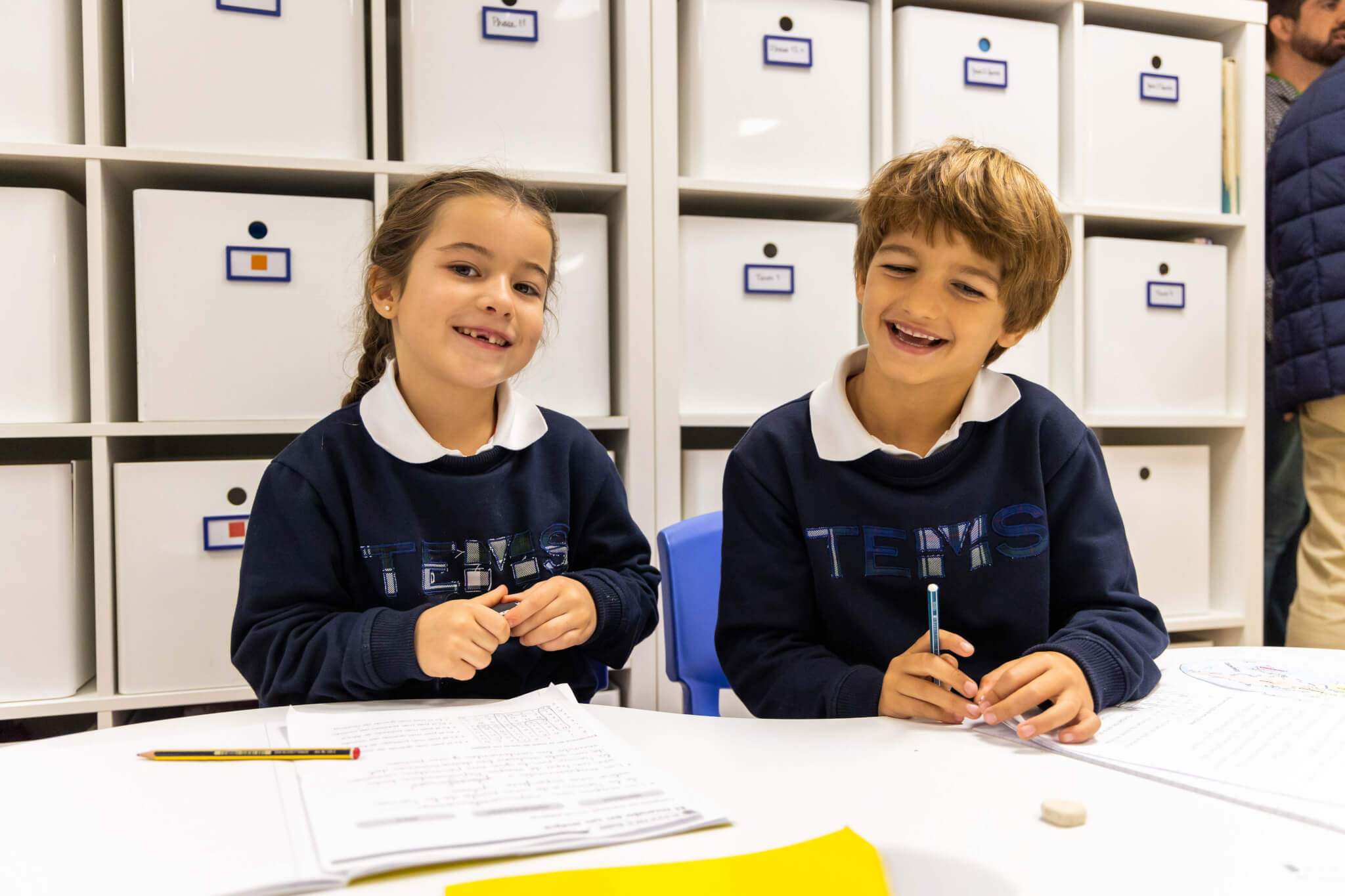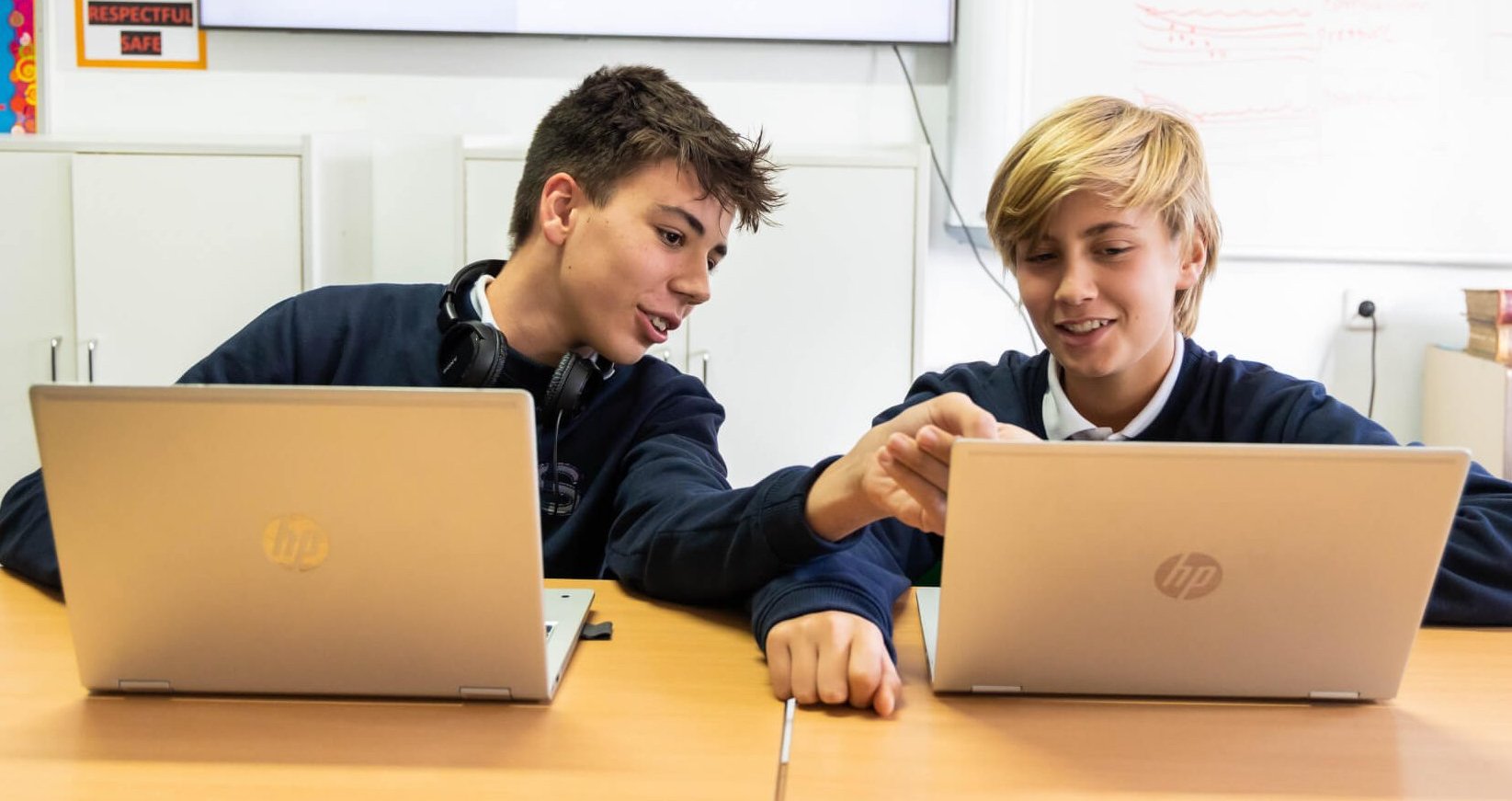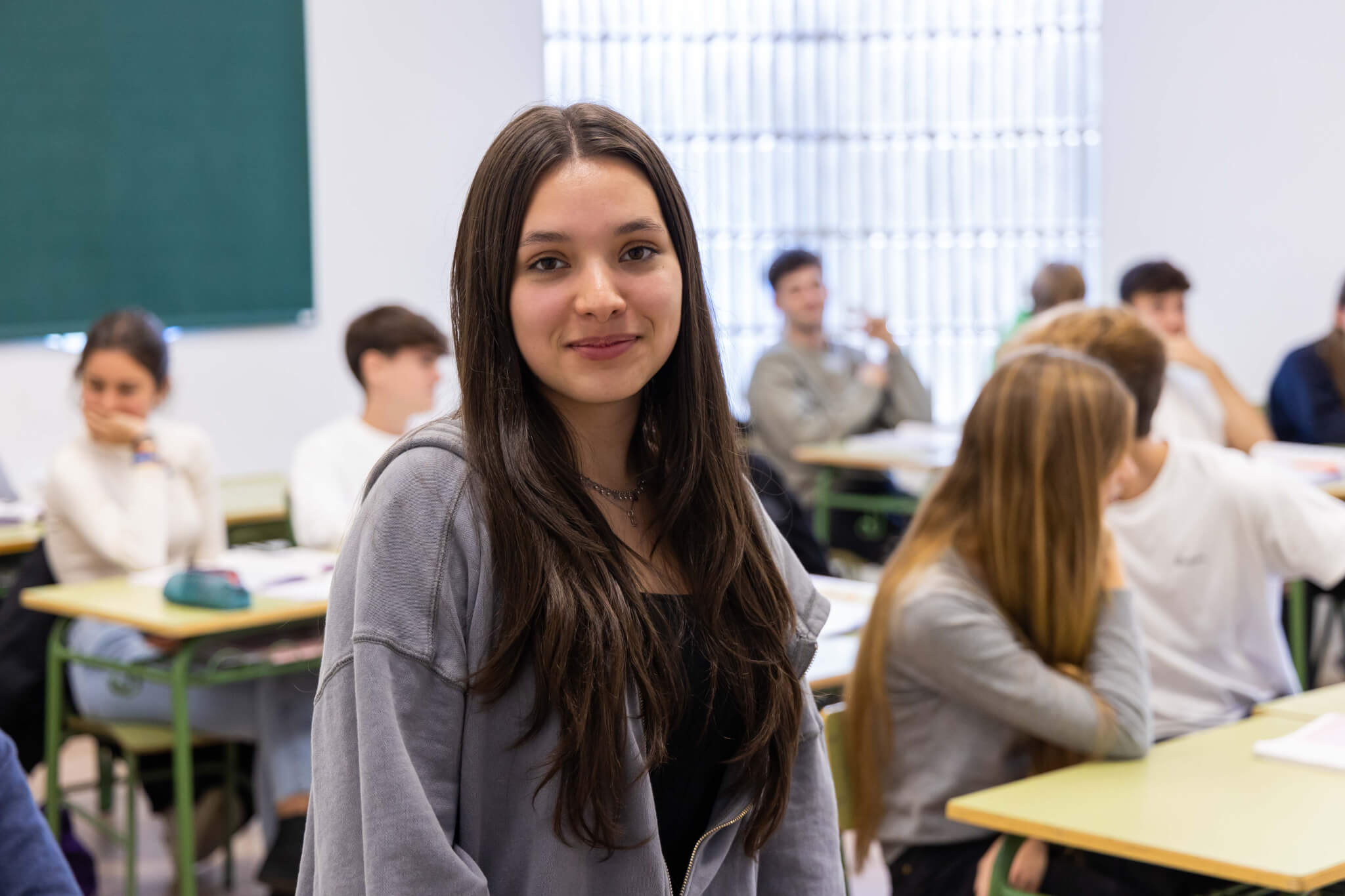Key Information about TEMS | |
|---|---|
| Founded | 1973 |
| Administration | |
| Programme | English National Curriculum complemented by Spanish Curriculum, enriched with Montessori Philosophy. |
| Educational Aims and Goals | In addition to the high academic standards set by the school, students are expected to grow socially competent, emotionally sound, physically fit and ethically honest. The curriculum, plus the extra-curricular programme provides for growth in all of these areas. |
| Age Range | 3 - 18 |
| Number of students | 780 |
| Class size | Maximum 25 |
| Number of teachers/assistants | 79 teachers / 13 assistants |
| Student/teacher ratio | 11/1 |
| Languages of instruction | English and Spanish |
| Additional language | French |
| Student Health and Welfare | There are medical and psychological facilities to serve the students´ needs. The school serves a full hot lunch and provides “cafeteria services” for students who wish to bring their own lunch.
|
| Uniforms | Uniforms are required for all students up to Year 11 and can be purchased at www.uniformesdecolegio.com. Year 12 and 13 students are not required to wear the school uniform. |
| Fees | A one-time inscription fee is required upon registration. The tuition fees may be paid for in a one time payment (annual) or in 10 monthly payments from September to June. |
Start a unique learning experience
Discover the enriching educational journey that awaits your child across the various stages at The English Montessori School (TEMS).
3 - 6 years old
7 - 10 years old
11 - 15 years old
16 - 18 years old




